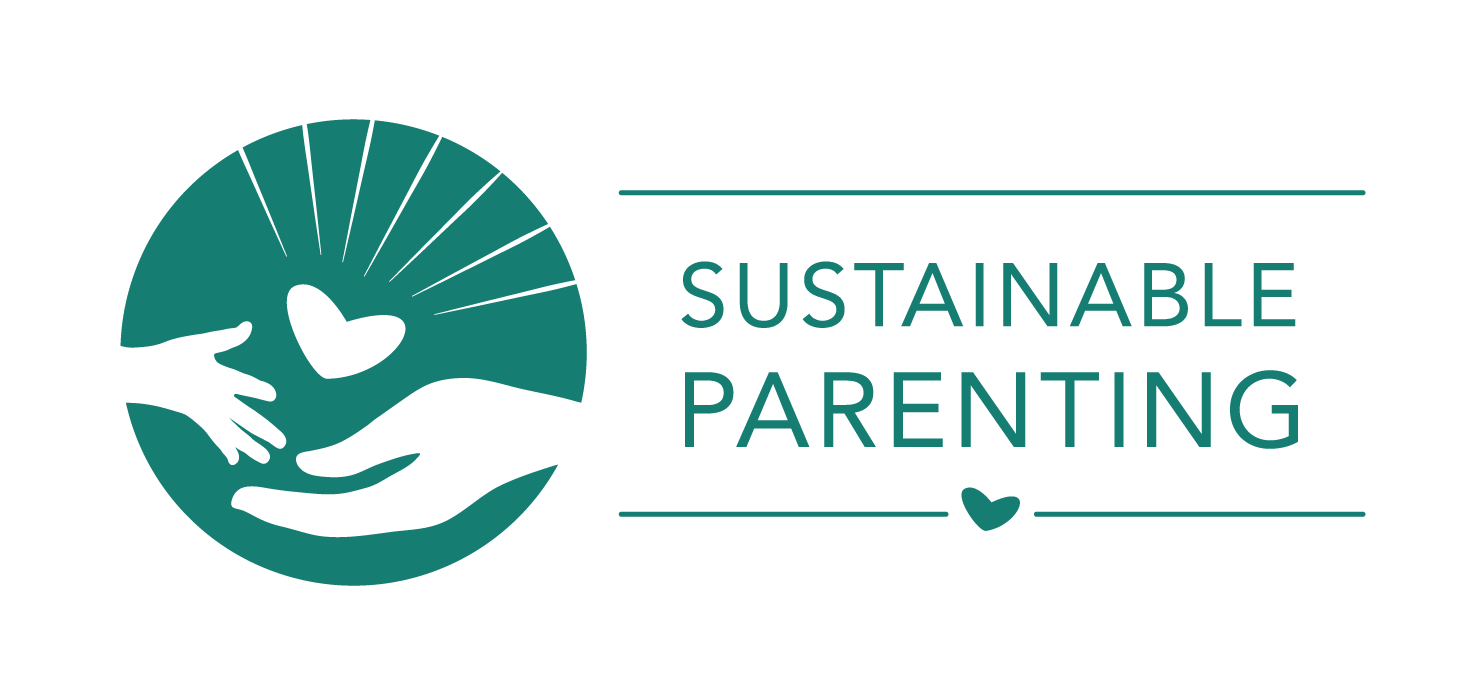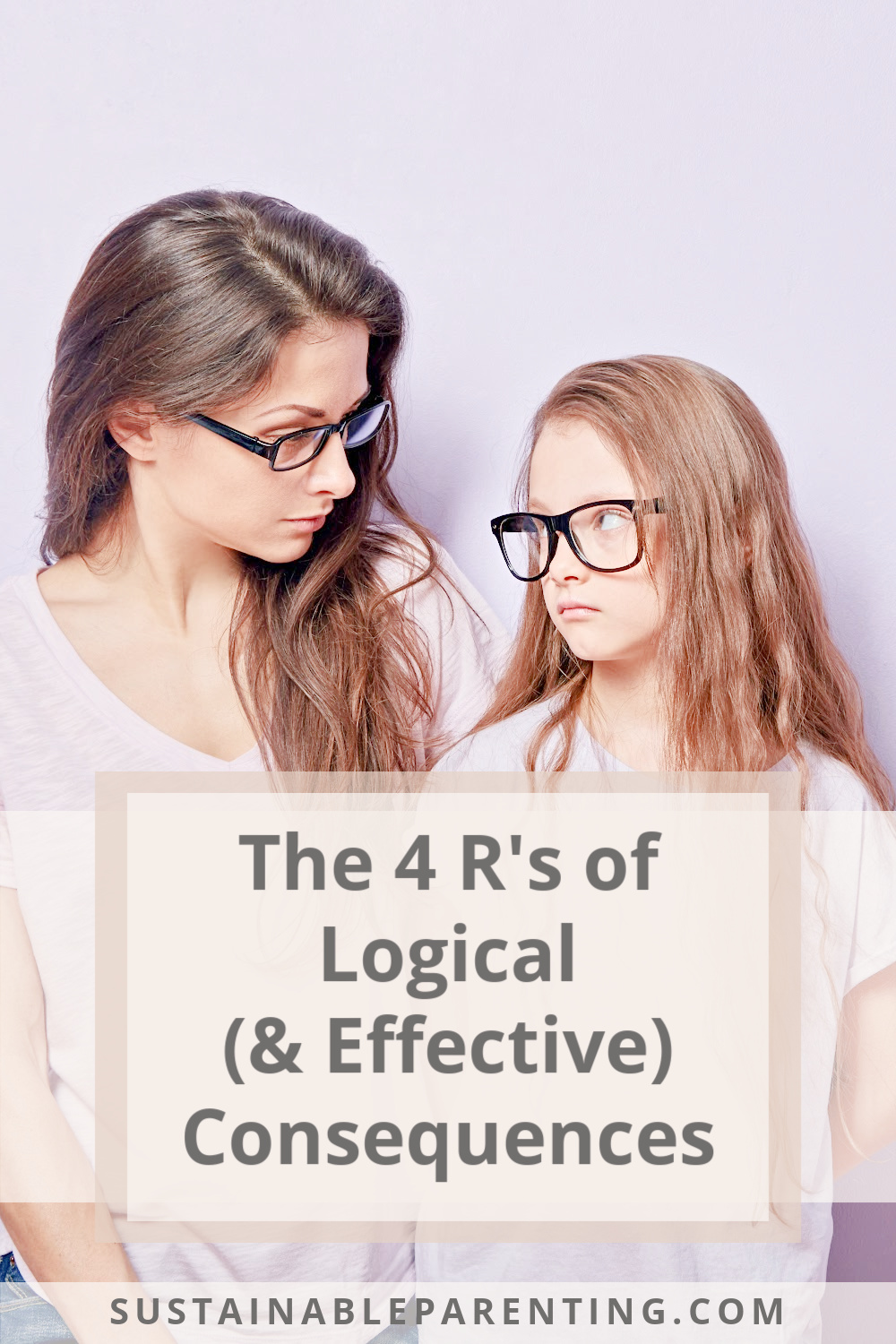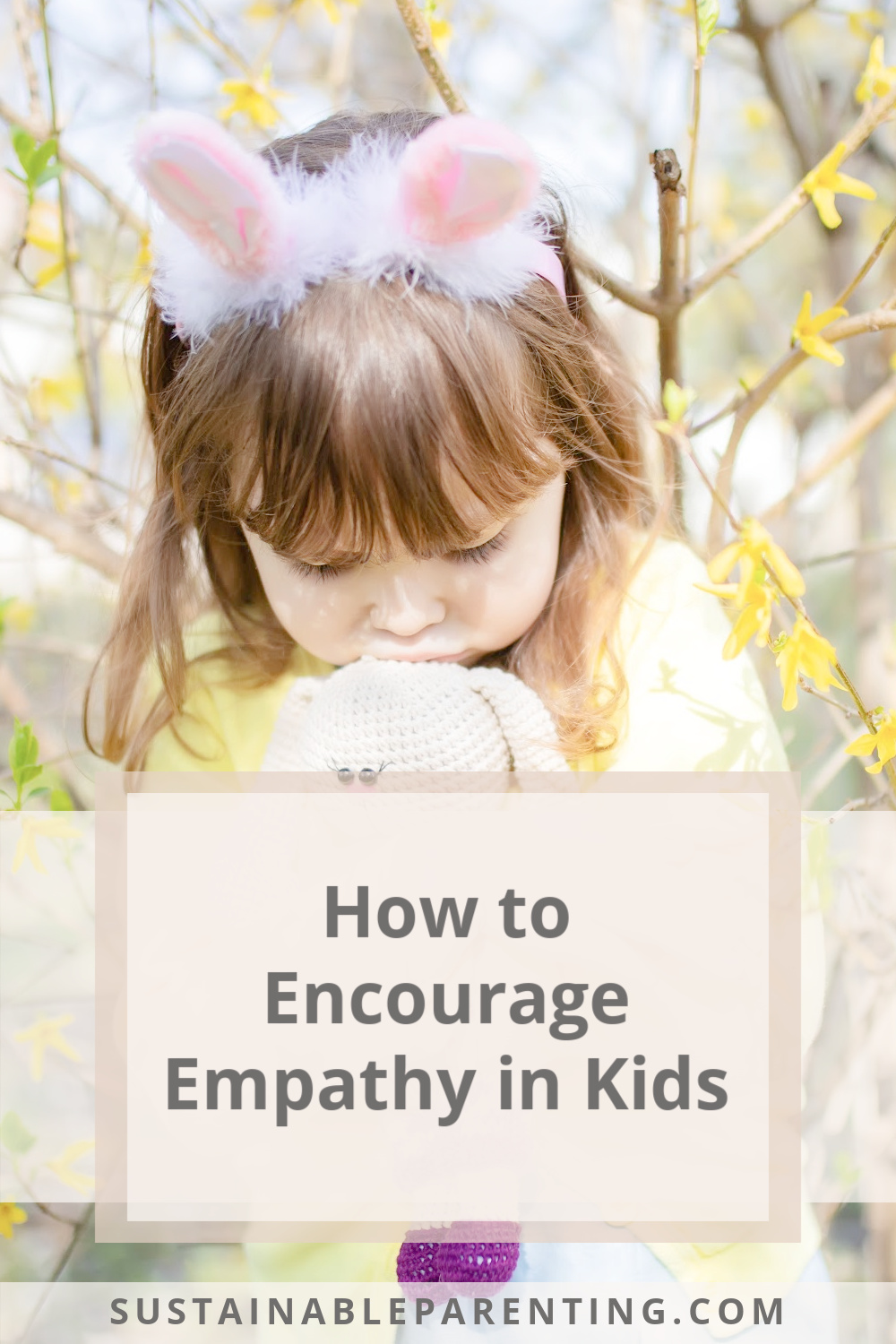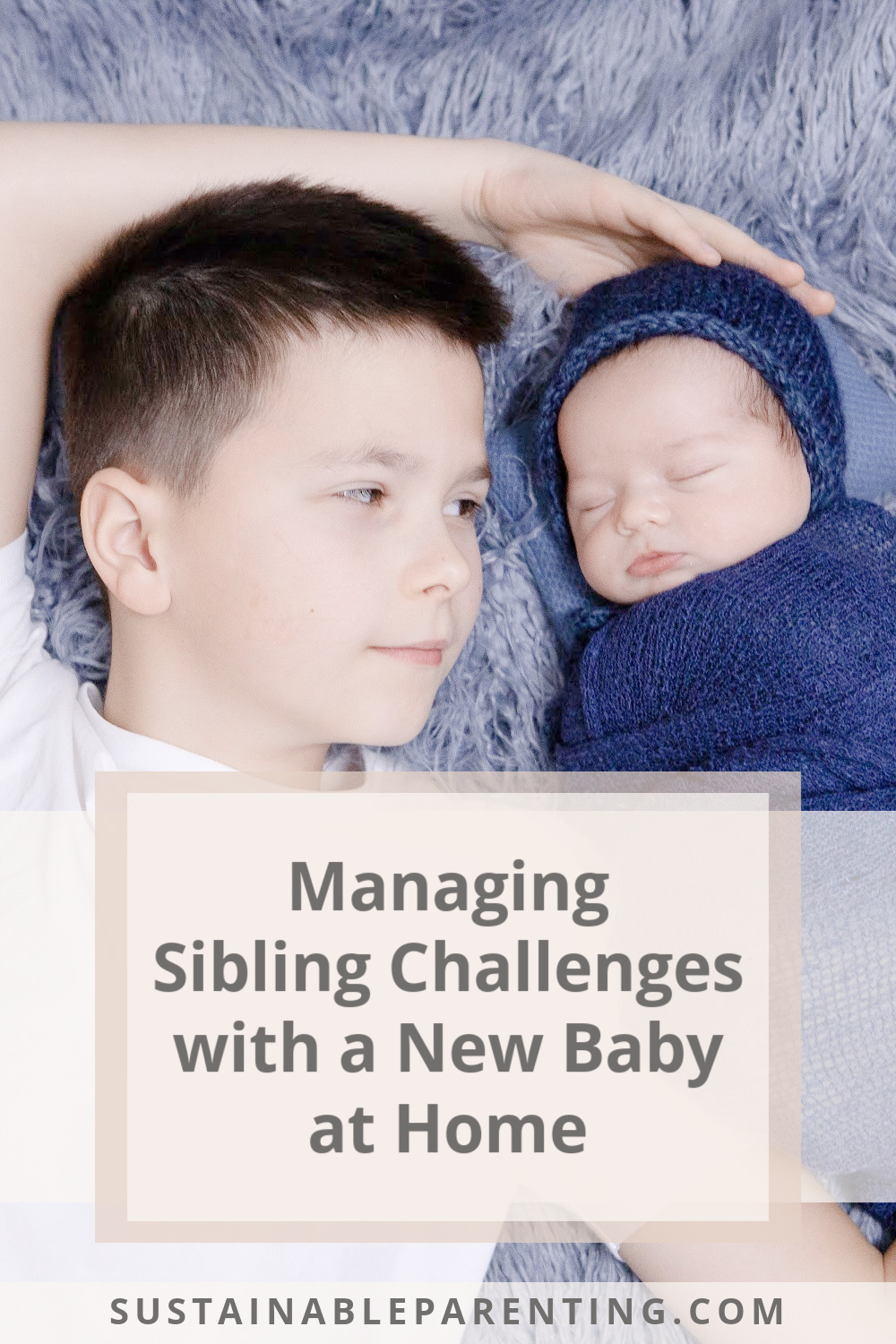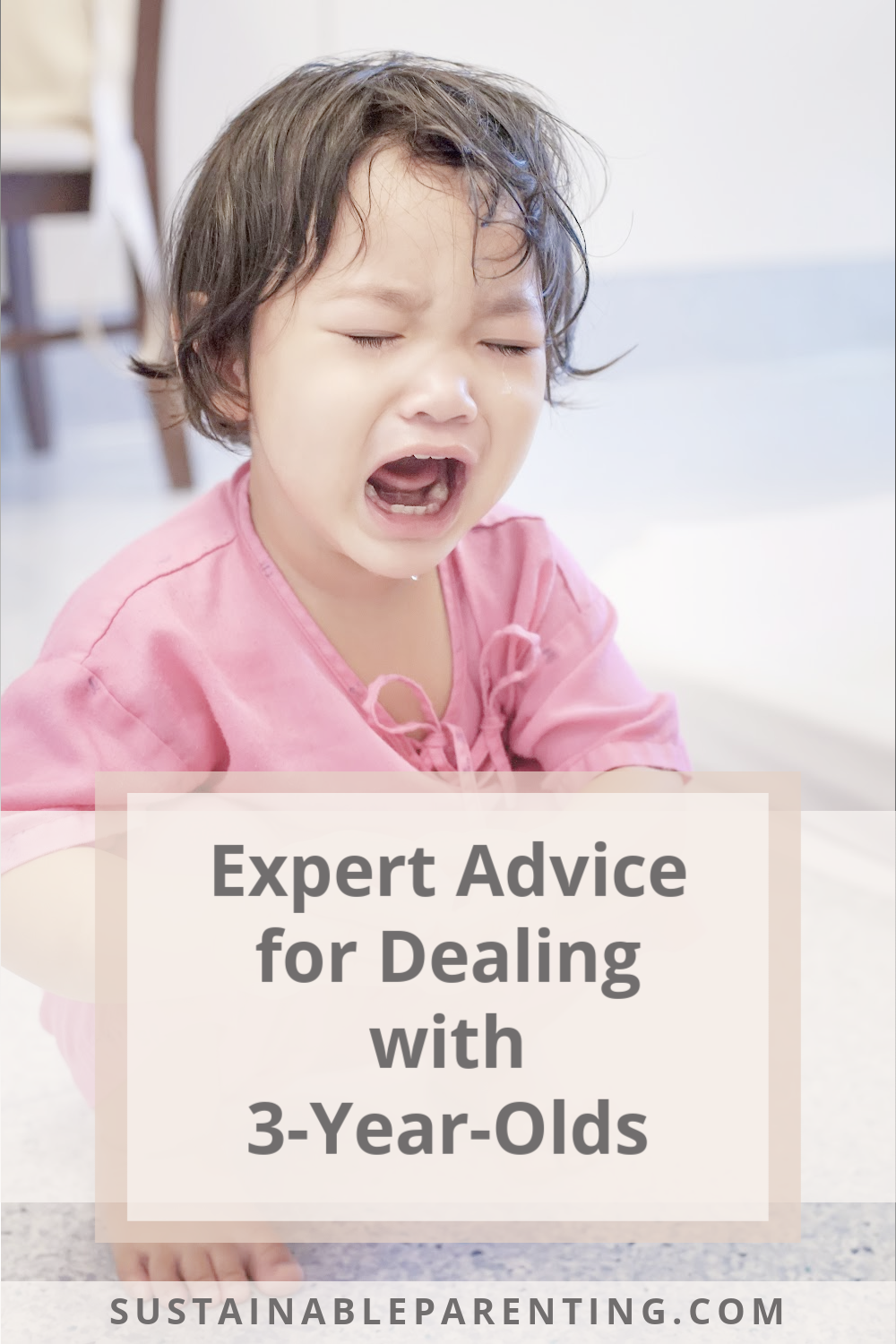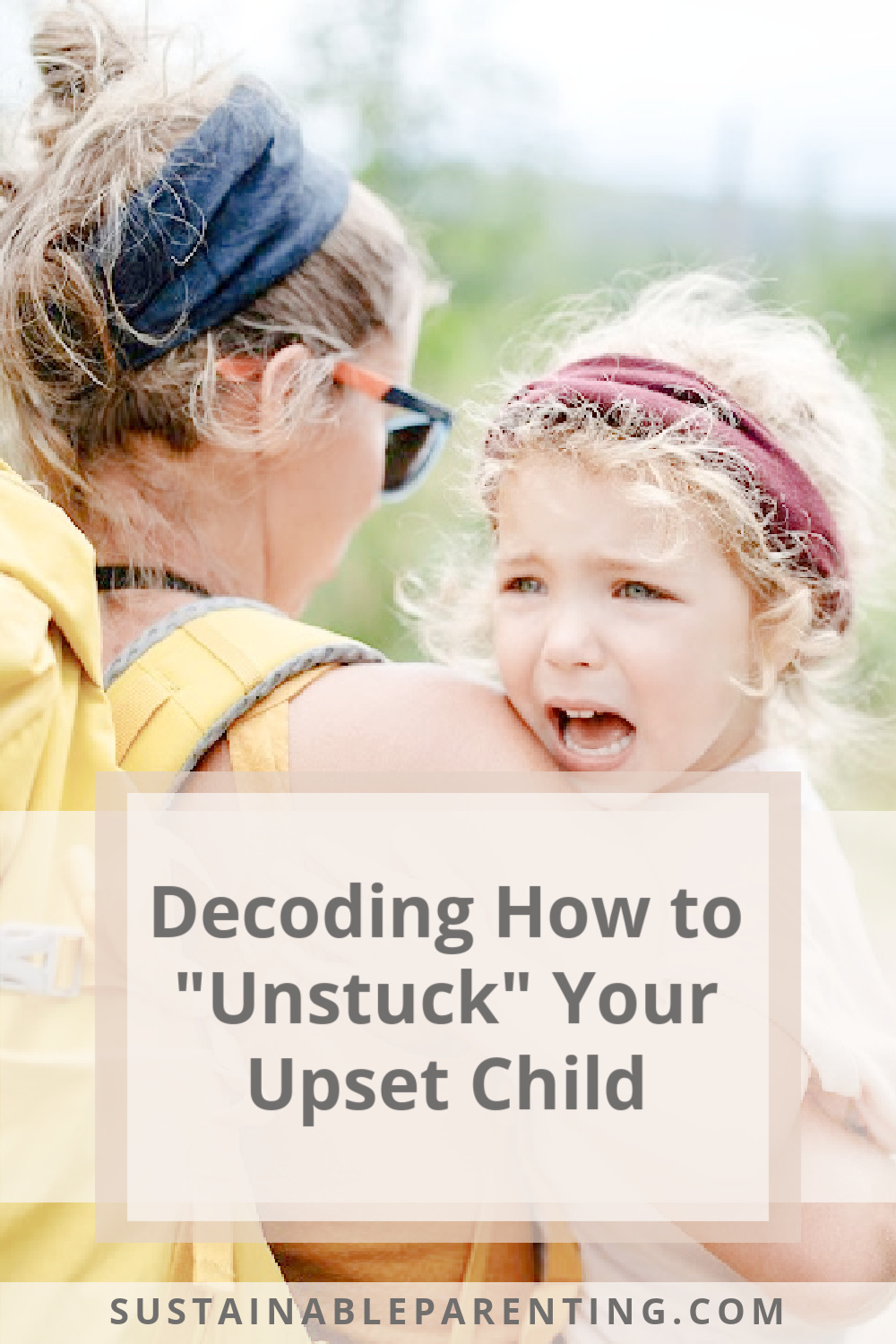How To Help Your Child Manage Big Emotions
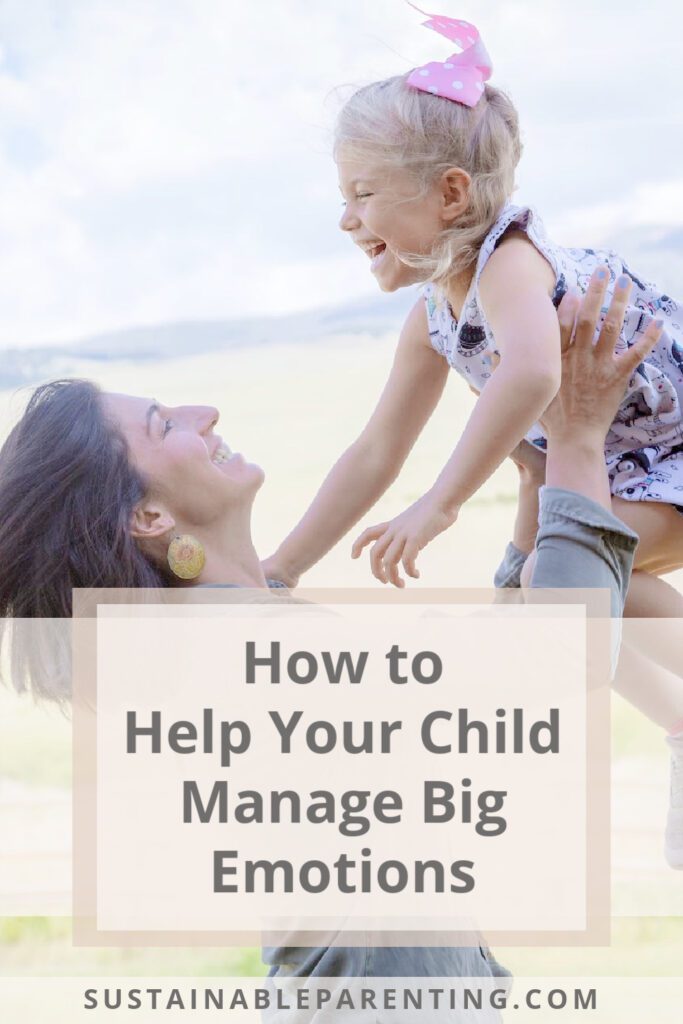
As young girls approach the inevitable hormonal roller coaster that comes with puberty, navigating the emotional ups and downs can be a formidable task. In this article, we’ll delve into three effective ways how to help your child manage big emotions. These tools are essential for helping children face the emotional challenges that puberty brings, providing them with valuable coping mechanisms for the journey ahead.
3 Ways to Equip Young Kids with Strong Social-emotional Skills:
1. Establish open communication. Practice listening without fixing/lecturing.
When your 6-year-old comes to you upset about a friendship, this is a great time to practice 1st listening, and then problem-solving (without judgment or lectures): “Oh. x happened, and then you felt like Y. That sounds really frustrating. (then pause and listen)”
After the child has been able to vent their thoughts and feelings, use asking instead of telling, to work towards a solution: “I wonder what you want to do about that?” This builds a solid foundation where the child feels supported and safe, in bringing upsets to you.
2. Name it to tame it.
Every time you name an emotion, that’s a repetition towards the child learning to name that emotion themselves. When we can identify what we are really feeling, we are able to seek more effective solutions. If we label all feelings as “mad”, it’s easy to think it’s everyone else’s fault, and others need to keep from “making us mad.” When we start naming things as disappointing, frustrating, sad, confused, etc, we learn to understand the complexities of that pounding in our heart and the hotness on our cheeks and chest. And I can promise you, this was covered in counseling 101: When you name a feeling correctly for someone, it helps that feeling’s intensity to decrease. Something in naming it helps to tame it.
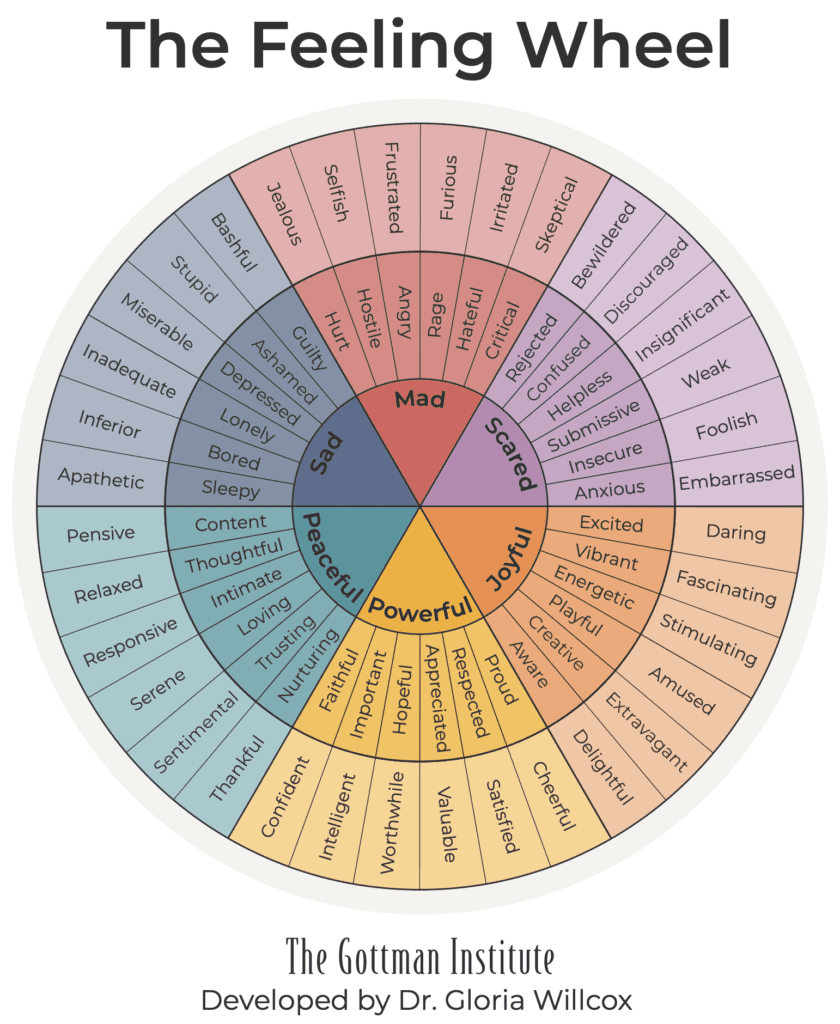
Free to download at https://cdn.gottman.com/wp-content/uploads/2020/12/The-Gottman-Institute_The-Feeling-Wheel_v2.pdf
3. Understanding Emotional Waves
Help your child build the key emotion-management understanding that feelings rise and fall like waves in the ocean, and it’s best to problem-solve/talk after we 1st manage the wave. This is a skill that many parents are still working on mastering, so this may be a great opportunity to work on growing this skill together.
The next time you or your child are having big emotions, try these emotion-management strategies:
- Notice the feeling without jumping to control or fix that feeling: “You seem (insert feeling word).” Then pause and give 7 seconds of silence.
- Model emotion management by taking 1-2 slow & long breaths. It may feel good to ground yourself physically by sitting down, and then doing some “squeeze breaths”: shrugging your shoulders to your ears during the inhale, and wobbling your shoulders loosely after the exhale.
- Pause, with intention. Detach from the argument or disengage from the power struggle by saying, “We can talk more about solving this when our voices and bodies are calm.” You can return to solve the problem when the emotion wave has eased up.
If you’d like more personalized guidance, contact Flora today.
Click here to view the full magazine issue of Montana Parent.
For more tools to build up your child’s emotion-management skills, check out Chapter 1 of “How to Talk So Little Kids Will Listen” or reach out to direct parent coaching support.
